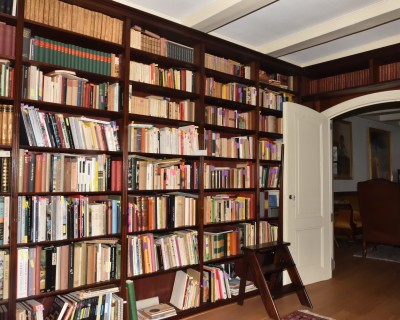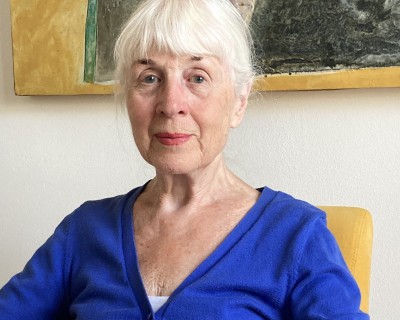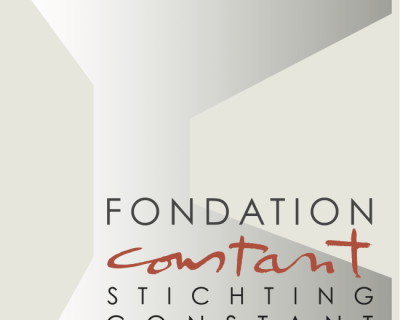What would Constant think of this?
Last year we celebrated the finissage of the exhibition Constant, religie, protest and idealisme (May 22nd) and during my tour someone asked What would Constant think of this? As the director of an artist estate, it is a question I get a lot. It’s an interesting one and at the same time it seems futile.
Working with the woman who loved Constant and has dedicated her life to his work, we might be tempted to think that the work we are doing is a direct result of Constants explicit wishes. In a way it is. Constant related his last wish for a catalogue raisonné of his work to Trudy and that is what she is doing.
But everything else that we do as a foundation, which does not relate to that very specific task, could be called an interpretation of who we think Constant was. And that interpretation could potentially be problematic. Because how well did we know him? In what life stage did we know him? And how well did he know himself? How static should this interpretation be?
Every now and then Trudy will firmly state that Constant would love this. I, on the other hand am not so sure. (I’m not even sure if that matters.) In the end the job of the artist estate is entirely different from the job of the artist. Also Constant was extremely critical and in his lifetime rejected many requests for loans because he thought the exhibition concept was flimsy or ignored academic theses sent to him for feedback because he thought they were badly written or entirely wrong in their premise. I do not know if any of my ideas and projects would gain his approval.
During the finissage of Constant, religie, protest and idealisme Marcel Hummelink, chair of our academic committee pointed out that Constant did not include his earlier religious works in any of his self published catalogues. I have no idea why. He also did not destroy them which he often did with work, which was sub par in his eyes. When you look at the works you have to admit that they are in no way bad works, they are actually quite good. Did he not want to include his catholic background in his oeuvre, did he feel they were too academic? I have no answers.
Image
Description
Image

Description
Image
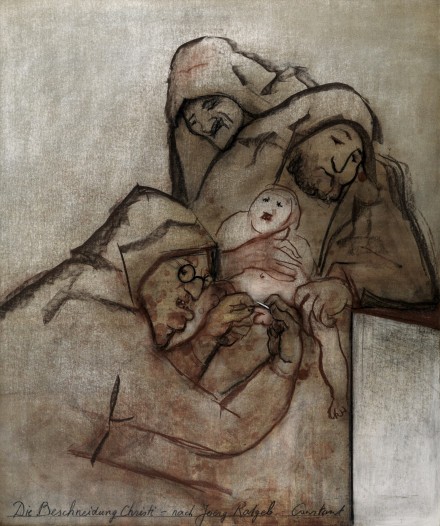
Description
Image
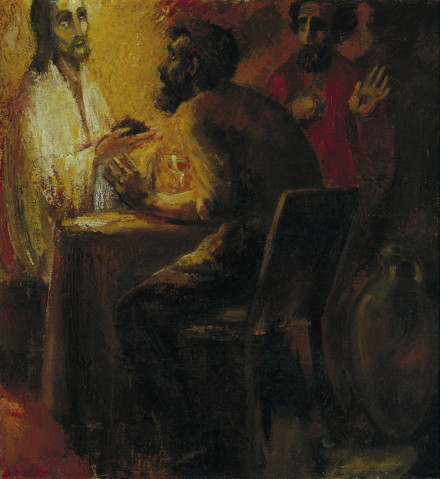
Description
But to be honest, the prerogative of the artist estate manager is endless re-interpration of the work in light of current time. It’s not the artist job to analyse his own work and tease out the red threads, that is our job. It’s the job of academics, curators, artists and students, who will come long after the artist has passed away. They will write history and re-write it again and hopefully discover new angles with the passing of time.
More than appreciating the exact content of the projects we undertake I know that Constant would be extremely touched by the fact that we have made his work our our work. And that’s enough for me.
Kim van der Horst | Director Fondation Constant
